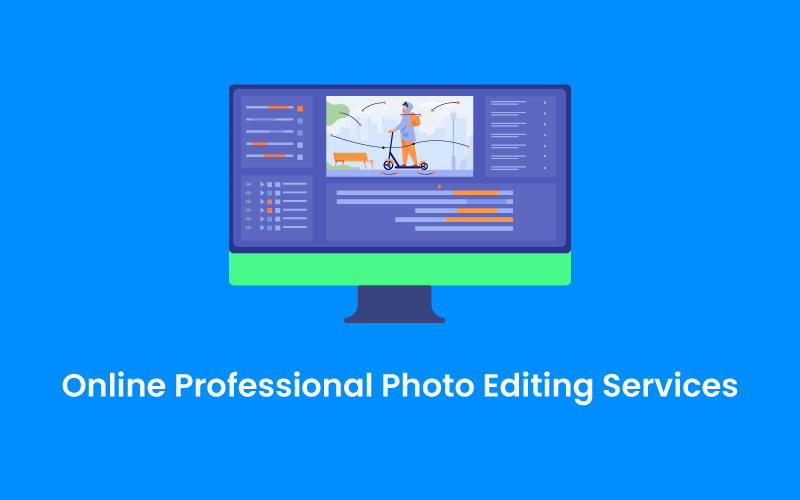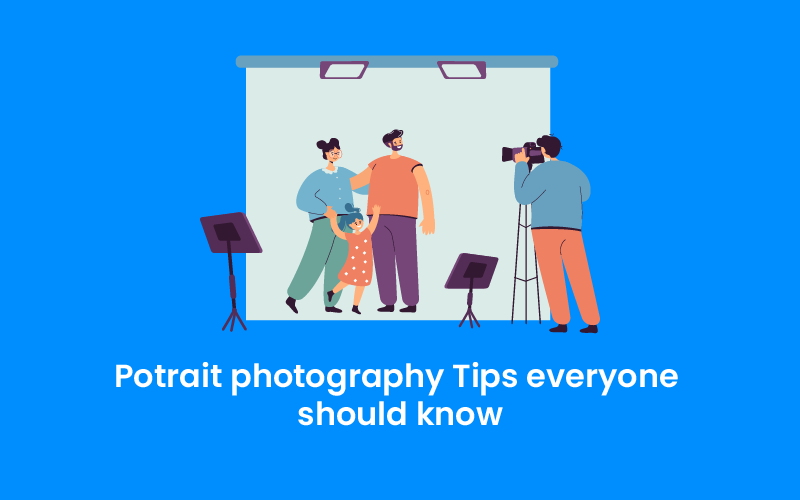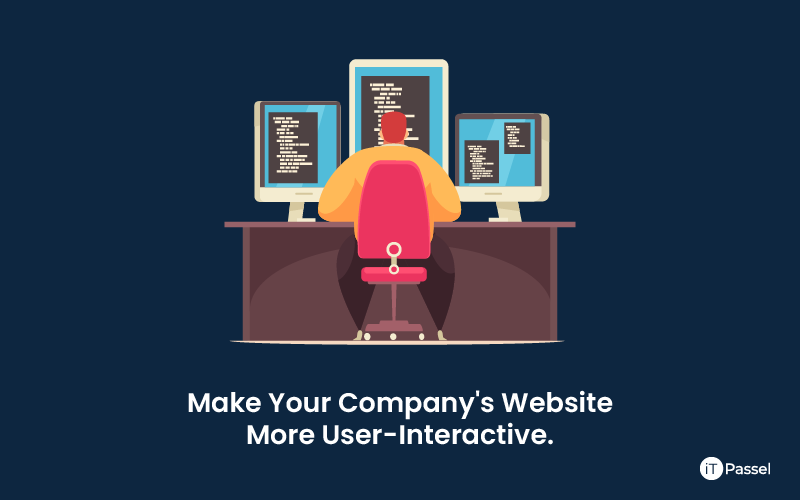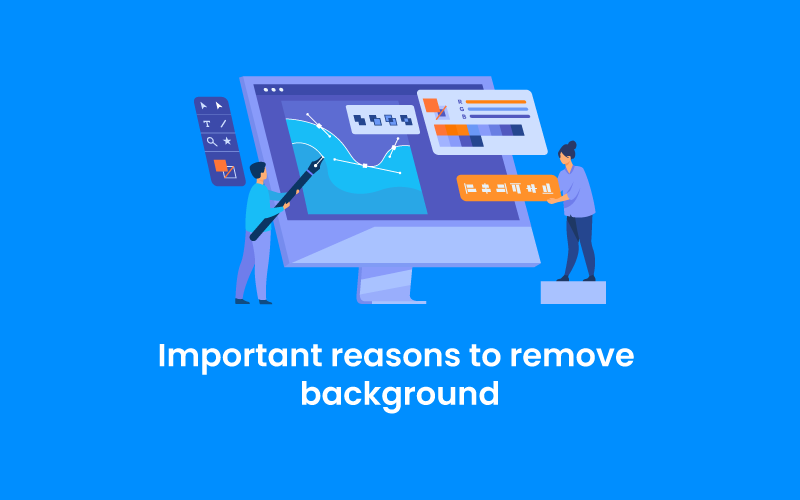We use cookies to make your experience better. To comply with the new e-Privacy directive, we need to ask for your consent to set the cookies. Learn more.
How to optimize your website performance?

Website optimization is the process of improving the performance of your website by the use of tools, sophisticated tactics, and trials. The internet is becoming faster, and there is an increasing amount of information to deal with. One result of this has been a worldwide decrease in our collective attention reach. In practice, this means that individuals aren't interested in waiting. For businesses that rely on their websites to generate revenue, website performance is critical. Performance has an impact on SEO, as Google is well aware of the importance of speed and penalizes slow websites harshly. Fortunately, there are a few basic actions you can take right away to speed up your website.
List of website hostings:
- WordPress Hosting that is professionally managed
- Examine Site Speed
- Use Caution When Choosing Plugins
- Image optimization
- Minify CSS & JavaScript
WordPress Hosting that is professionally managed
Hosting providers supply the server that contains all of your website's data and allow visitors to access it. As a result, they are critical to any website's performance. While shared hosting services do take some steps to enhance the websites they host, the problem is that they have a propensity to overcrowd their servers, resulting in slow site speed across the board. On the other hand, managed WordPress hosting provides optimized server configurations that are specifically designed for WordPress websites. They frequently come with extra features like automatic backups and built-in caching. Website performance depends upon the facts and figures of it.
WordPress sites are flexible, which means that new pages are created each time someone visits. After the first load, caching creates a shortcut by making a copy of each page. WP Engine and other hosting companies have included this feature in their plans, resulting in fast loading times and overall performance.
Examine Site Speed
It's time to look at your website performance now that you've taken care of the hosting. Most of the page elements will have been saved in your browser's cache, so they will show almost immediately when you visit it on your own computer. This is not the experience of a first-time visitor to your website.
You can assess the website's performance using a free application like Uptrends, Sematext, GTmetrix to get an initial benchmark. This will inform you how well your site is doing right now and give you a better understanding of how much optimization work you'll need to do.
Use Caution When Choosing Plugins
A lot of information on the internet claims that having too many plugins is bad for performance, but it's not quite that easy. The most important factor is choosing quality over quantity, not the number of plugins. Always consider whether a plugin is absolutely essential or whether custom code would do the same task more efficiently. Read reviews and do some research to discover whether a plugin has a history of causing performance issues. A good plugin selection, on the other hand, can substantially increase optimization and speed.
Image optimization
We are big fans of well-designed websites. Large, colorful graphics can contribute significantly to a visually stunning experience. This is especially true in areas where high-quality imagery is used to dazzle potential buyers, such as fashion, food, travel, and many others. One of the most critical aspects of websites optimization is search engine optimization.
Unfortunately, high-quality photographs consume a lot of resources and take a long time to load. The good news is that image optimization plugins like ShortPixel can scan your website for photos and PDF documents, compressing them without sacrificing quality. The best part is that after this is done, the plugin simply works in the background, automatically optimizing all future uploads and greatly enhancing your website's SEO.
Minify CSS & JavaScript
Any code you add to your website has an impact on how quickly it loads. While a few lines of code may not seem like a big deal, the more you add, the bigger your files get. And when it comes to saving critical milliseconds, every millisecond counts. Remove any unnecessary characters, such as white spaces, from CSS and JavaScript code to reduce file size. You can even go one step further by replacing shorter names for variable names. Minifying pages and pages of code by hand can take hours, but thanks to tools like YUI Compressor and Google Closure Compiler, it's now possible to accomplish it automatically. While it isn't the prettiest code, minifying can significantly improve the performance of your website.
Conclusion
Building a website that is optimized for speed and efficiency can have a significant impact on both user experience and profitability. And, like with most things in life, it all begins with a strong foundation. A combination of good WordPress hosting and well-chosen plugins will ensure that your pages load quickly every time. Once you've completed all of these procedures, your website optimization is a breeze, and adding new material shouldn't slow it down.




